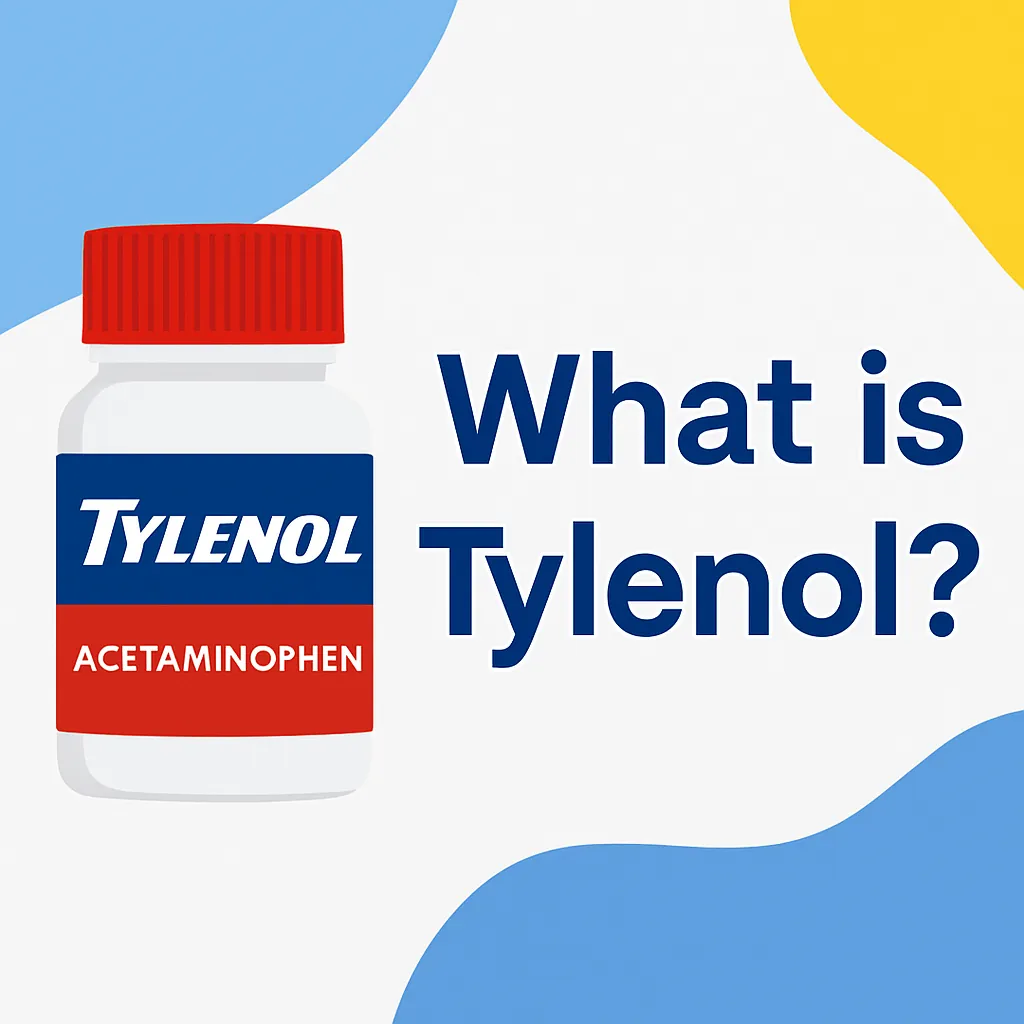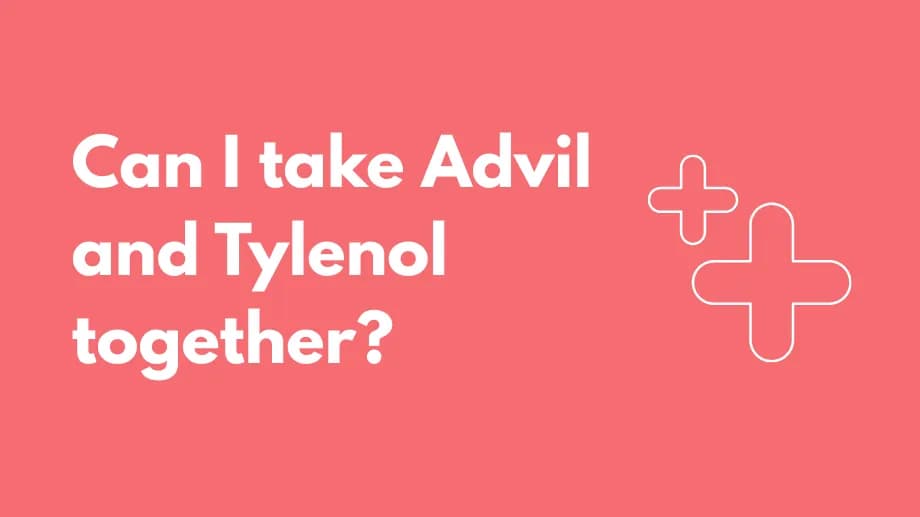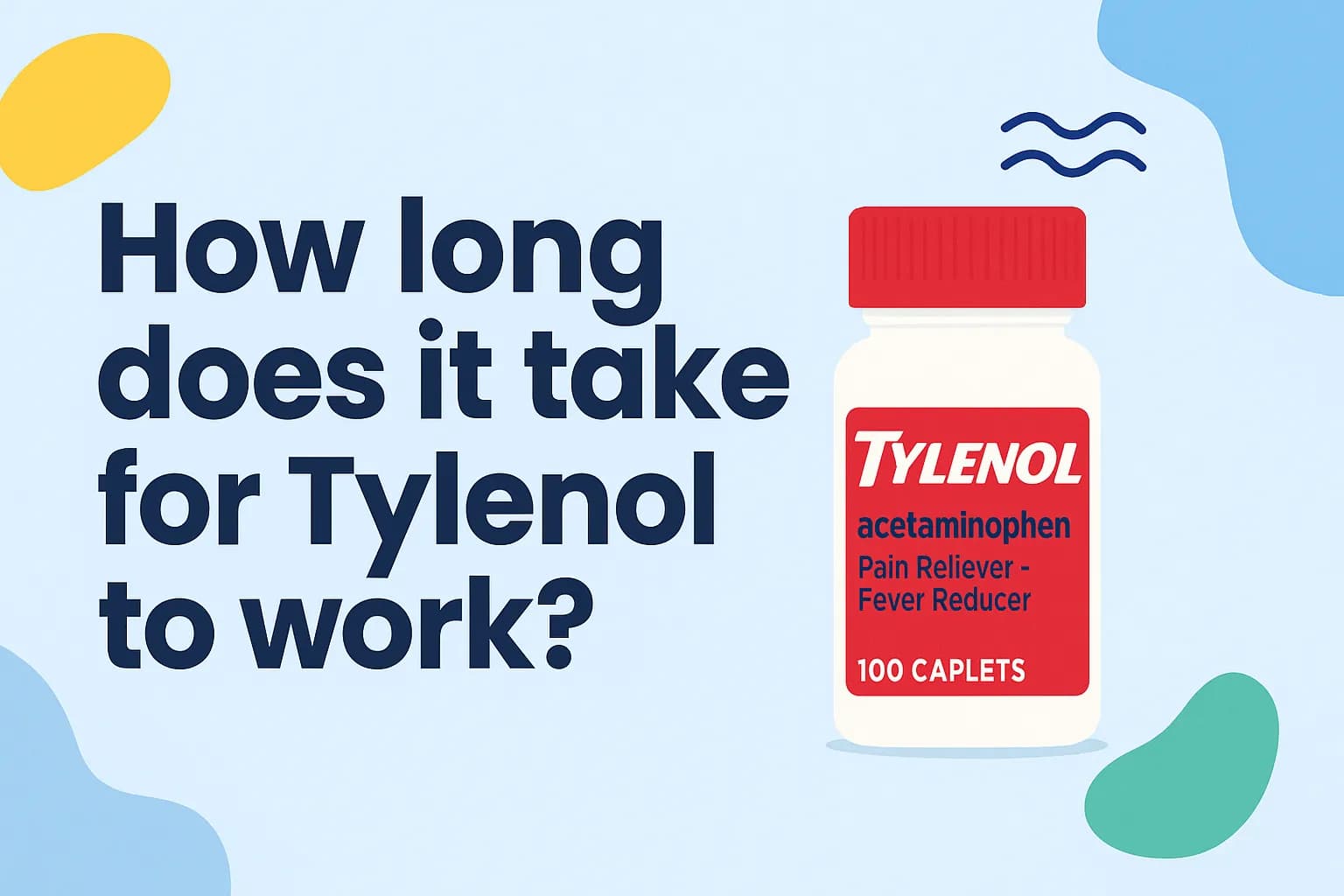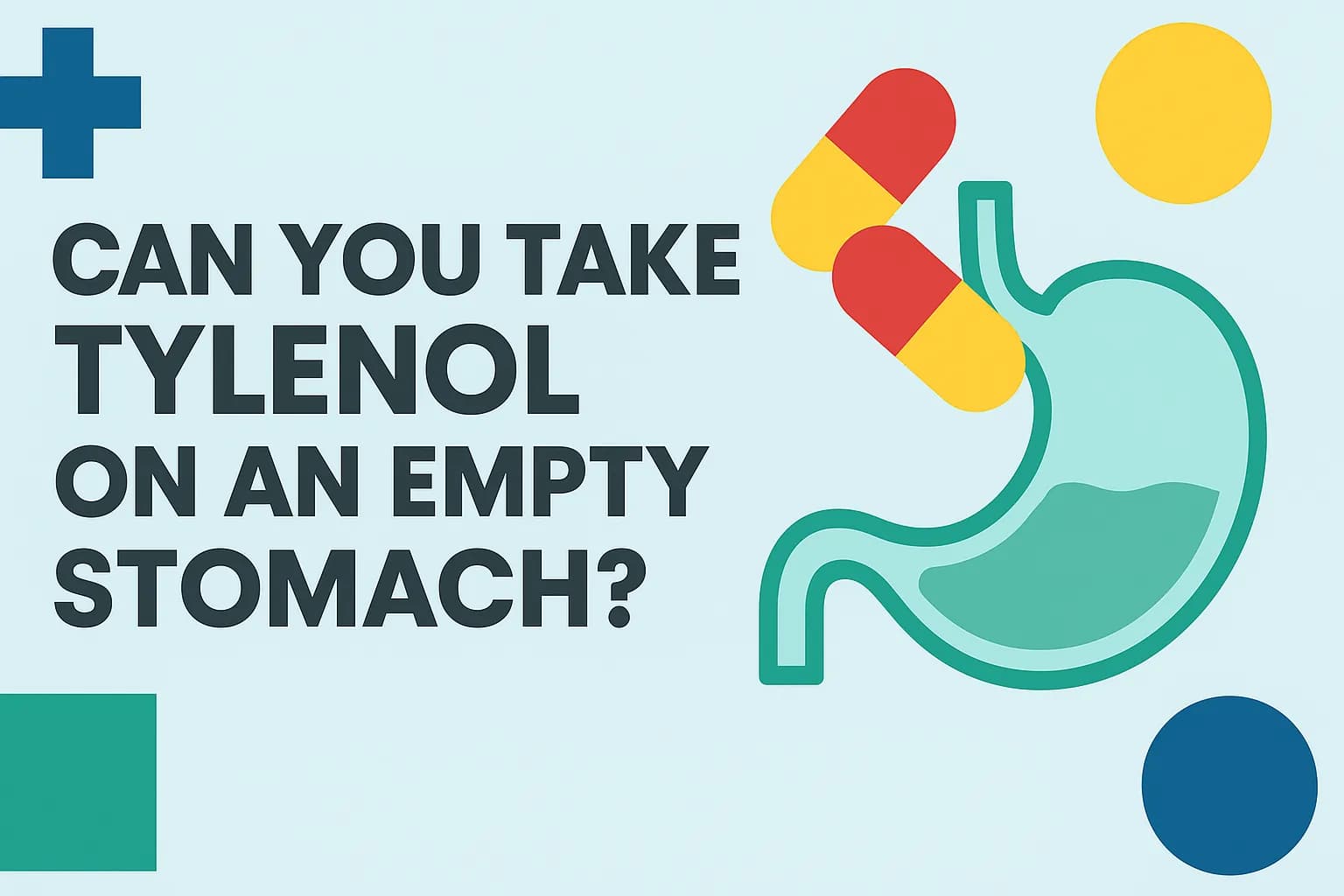What is Tylenol?

Tylenol (acetaminophen) is used to relieve mild to moderate pain from headaches, muscle aches, menstrual periods, colds and sore throats, toothaches, backaches, and reactions to vaccinations. It is also used as a fever reducer. It is thought to work by raising your body’s overall pain threshold so you feel less pain and by helping your body eliminate excess heat to lower fever.
Acetaminophen, the active ingredient in Tylenol, is found in many over-the-counter and prescription medications. Known as paracetamol outside the U.S., it is available in tablets, chewable tablets, capsules, caplets, liquid suspensions, extended‑release tablets, and orally disintegrating tablets.
This medication typically does not have many side effects. However, it is recommended to limit or avoid alcohol while taking Tylenol to reduce your risk for liver damage.
What is Tylenol used for?
Tylenol is an analgesic and antipyretic used for pain relief and fever reduction. Common uses include:
- Headaches and backaches
- Minor arthritis pain
- Toothaches and muscle aches
- Premenstrual and menstrual cramps
- Temporary reduction of fever
How does Tylenol work?
The exact mechanism is not fully understood, but acetaminophen is thought to change how your body senses pain and to act on the brain’s heat‑regulating center to reduce fever.
What are the possible side effects of Tylenol?
Side effects are uncommon but may include nausea and headache. Serious side effects requiring immediate medical attention include:
- Allergic reaction, such as rash, hives, swelling of the face, tongue, or lips, or trouble breathing
- Liver damage, indicated by dark urine, tiredness, upset stomach or stomach pain, yellowing of skin or eyes
Taking too much Tylenol can cause severe, sometimes life‑threatening liver problems. Adults should not exceed 4,000 milligrams per day; children’s dosing should be determined by their healthcare provider.
Are there drug interactions with Tylenol?
Tylenol may interact with other medications or supplements. Tell your healthcare provider about all you take, including:
- Warfarin
- Alcohol
- Other products containing acetaminophen
Shop Medications
When should you not take Tylenol?
Do not take Tylenol if you are allergic to acetaminophen or any inactive ingredients, or if you have severe liver disease or impairment.
What should you tell your healthcare provider before taking Tylenol?
Before starting Tylenol, inform your provider if you:
- Have liver disease
- Drink three or more alcoholic beverages per day
- Have phenylketonuria, as some products contain aspartame
- Are pregnant or planning pregnancy
- Are breastfeeding or planning to breastfeed
Is Tylenol an NSAID?
Tylenol is not a nonsteroidal anti‑inflammatory drug (NSAID). Common NSAIDs include ibuprofen, aspirin, and naproxen sodium. They work differently by blocking enzymes that cause inflammation throughout the body, while acetaminophen primarily works in the central nervous system.
How long can you take Tylenol?
Stop using Tylenol and contact your healthcare provider if your pain worsens or lasts more than 10 days, your fever lasts more than 3 days, new symptoms occur, or redness or swelling is present. These could indicate a more serious condition.
Can you use Tylenol if you have high blood pressure?
Tylenol is generally considered safe for people with high blood pressure. Some studies have shown a small increase in blood pressure at maximum daily doses, so monitor your blood pressure and consult your provider if it remains elevated.
Can you drink alcohol while taking Tylenol?
Occasional moderate drinking (up to 1 drink per day for women, up to 2 drinks per day for men) is likely safe with recommended Tylenol dosing. Excessive alcohol use increases the risk of liver damage. Consult your healthcare provider about your alcohol use and Tylenol dosing.
Related Medications
- Tylenol Extra Strength (acetaminophen)
- Tylenol Arthritis (acetaminophen)
- Aleve (naproxen sodium)
- Advil or Motrin (ibuprofen)
Sources
- Acetaminophen. StatPearls Publishing. Accessed Aug. 13, 2024.
- Tylenol Regular Strength – acetaminophen tablet. DailyMed. Accessed Aug. 13, 2024.
- Acetaminophen (OTC). Medscape. Accessed Aug. 13, 2024.
- What is Acetaminophen? Johnson & Johnson Consumer Inc. Accessed Aug. 13, 2024.








